People with chronic kidney disease (CKD) who need renal replacement therapy, such as hemodialysis, often develop uraemic syndrome, associated with...
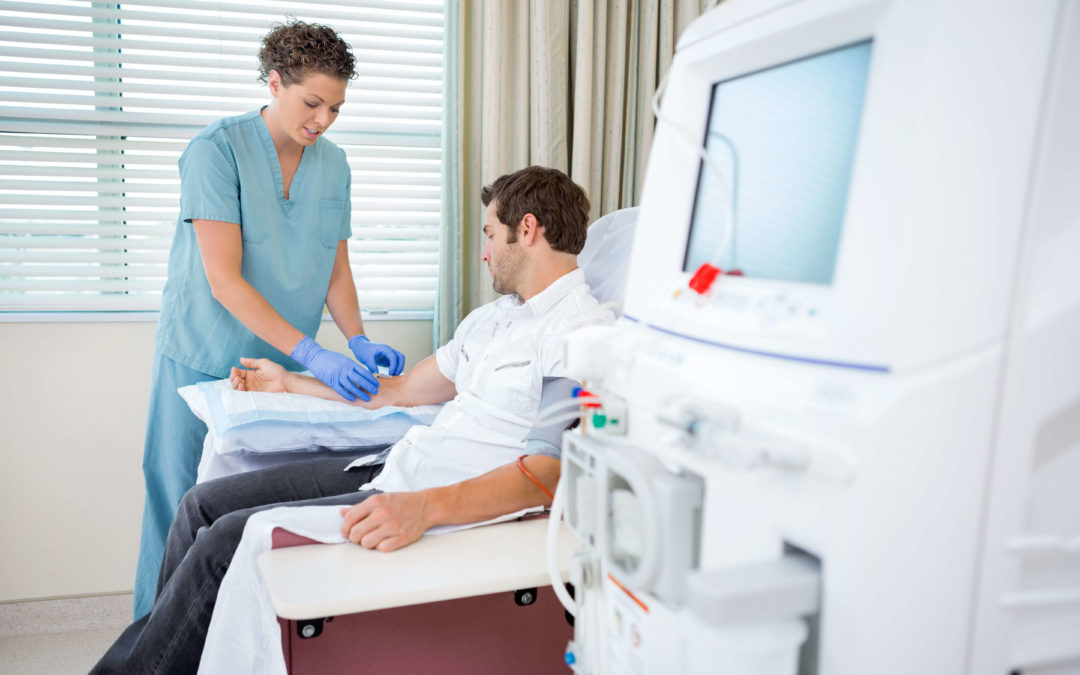

People with chronic kidney disease (CKD) who need renal replacement therapy, such as hemodialysis, often develop uraemic syndrome, associated with...
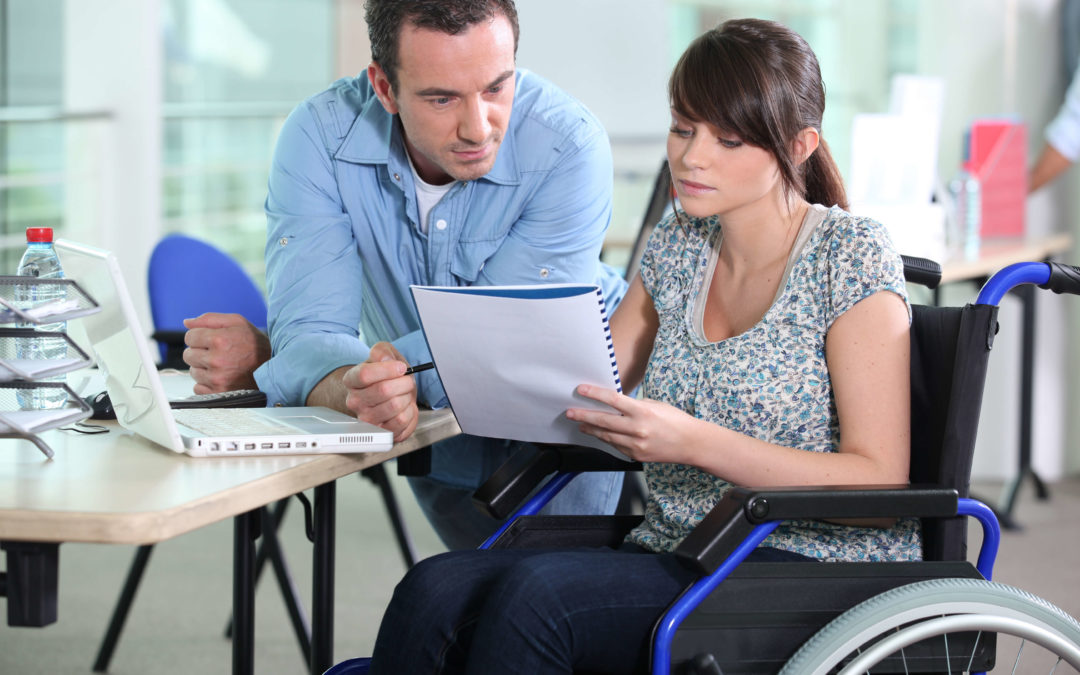
Multiple sclerosis (MS) is a primary disorder of the central nervous system that can affect motor pathways and cause muscle weakness. If respiratory...
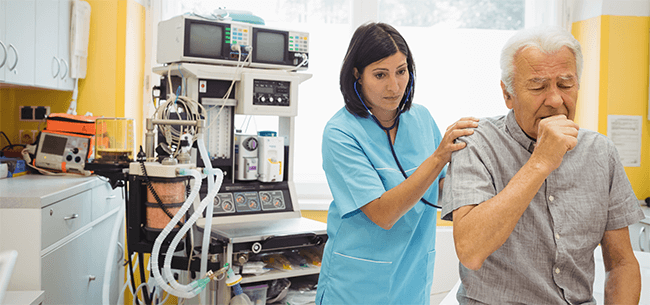
Coughing protects the lungs from aspiration, but is less effective in people with respiratory muscle weakness. Aspiration can lead to pneumonia, a...
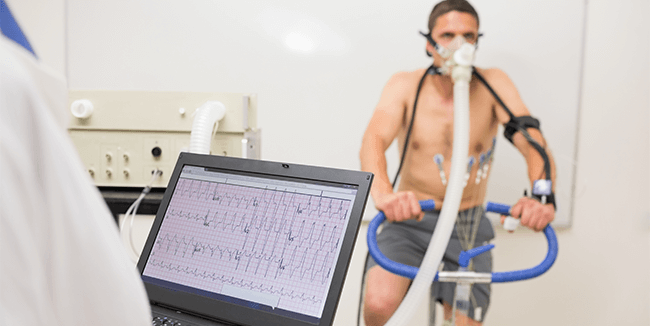
Along with impaired motor function, respiratory muscle weakness, low thorax expansion, and postural trunk dysfunction greatly contribute to exercise...
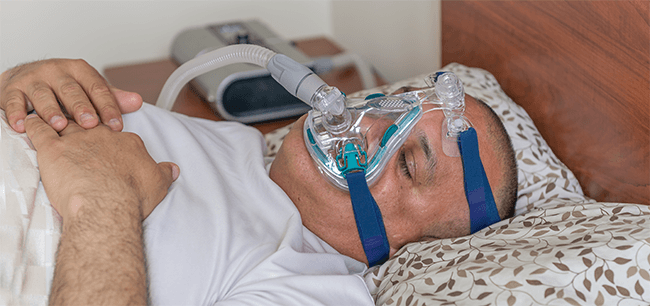
Respiratory muscle weakness is prevalent among people with spinal cord injuries and leads to poor airway clearance and pneumonia. Twenty-eight...

The crural diaphragm (CD) is an essential component of the esophagogastric junction (EGJ) and, in combination with inspiratory muscles and abdominal...

Dyspnea causes distress in about 70% of people with lung cancer, and can affect up to 90% of patients suffering from advanced lung cancer....

Respiratory muscle weakness can lead to dyspnea, exercise intolerance, fatigue, and poor activities of daily living (ADL) in people with congestive...

The swallowing process is comprised of three phases: oral, pharyngeal and esophageal. During the pharyngeal phase, food boluses pass through the...

Inadequate oxygenation may cause lesions and brain atrophy during aging. Studies show a positive association between pulmonary function and...